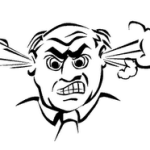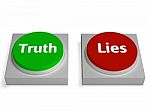Free Introductory Class: “Cultivating Humility”
Along with my teaching partner Marla Estes of Building Bridgers, I'll be offering a free introductory course next week on the topic of humility, and how moving from absolute certainty to "I'm not sure" helps to promote psychological growth and improves interpersonal relationships. When I recently described the aims and methods of this class to my writer's group, one my fellow writers told me she liked the concept but had a problem with the word humility. Many people who struggle with low self-worth, she said, might hear this word and unconsciously worry that cultivating humility would damage their fragile self-esteem and deepen feelings of shame. This response surprised me, though as I’ve thought it over, I understand my friend’s concerns.
Humility sounds very close to the word humiliation, and in fact they both derive from the same Latin root for the word humble, which in English has meanings both positive and negative. A humble person (marked by humility) is modest, neither arrogant nor prideful, and characterized by simplicity or a lack of pretentiousness. This sounds like a positive personal trait, and indeed in Christian theology, humility is one of the central virtues. But to humble someone also means to hurt their pride or cause them to feel shame – that is, to humiliate them. Sometimes the wish to humiliate is driven by envy but may also arise from a belief that the other person is not who she pretends to be.



